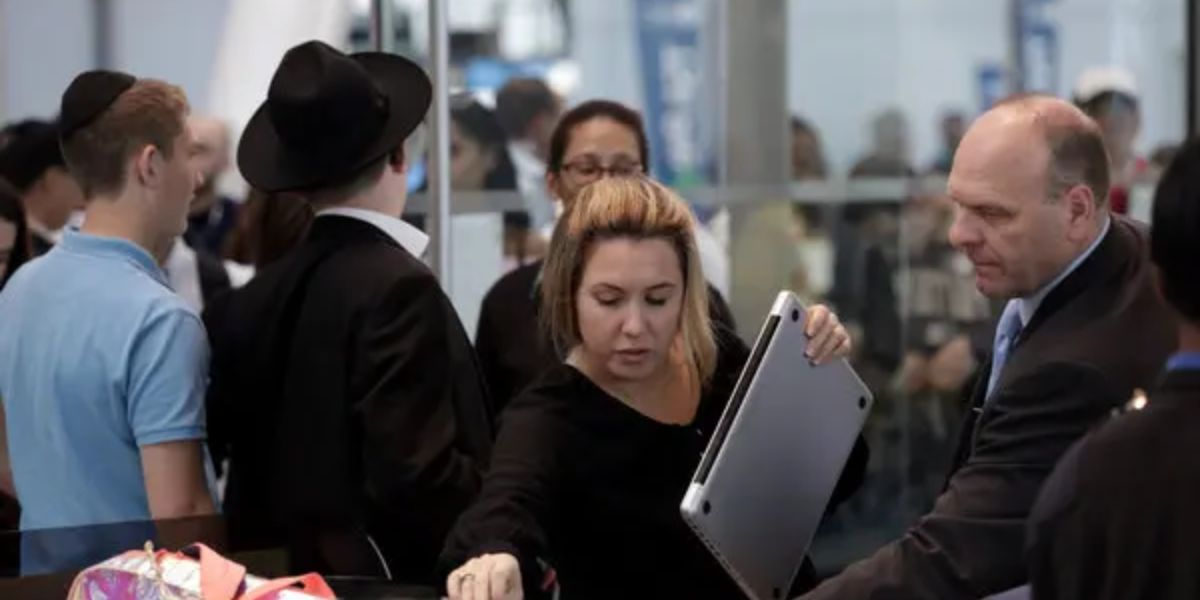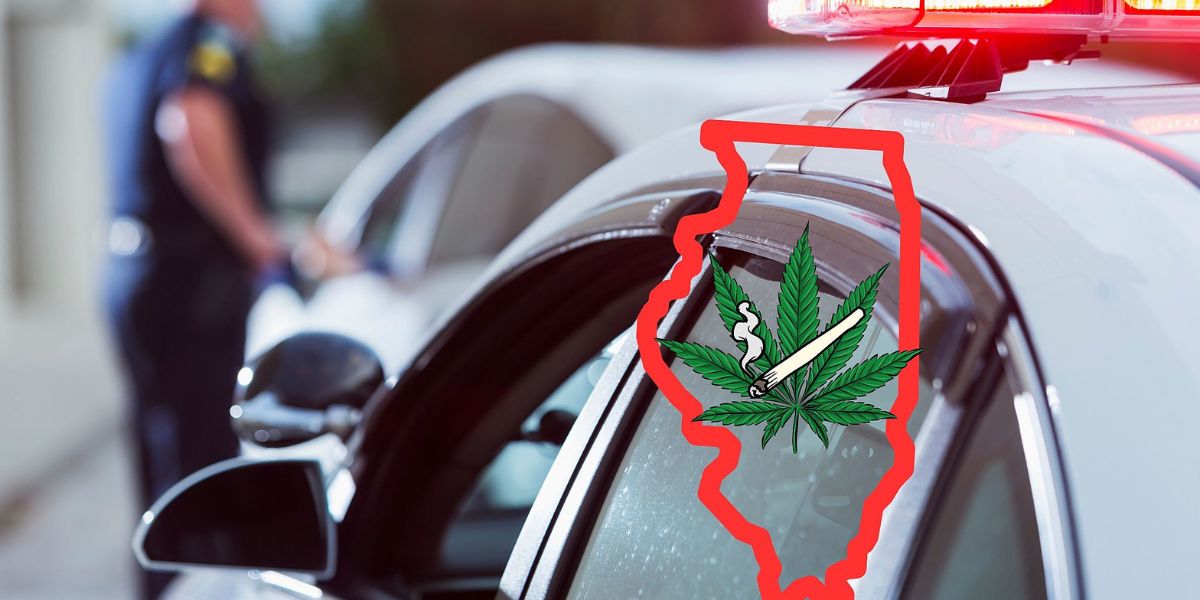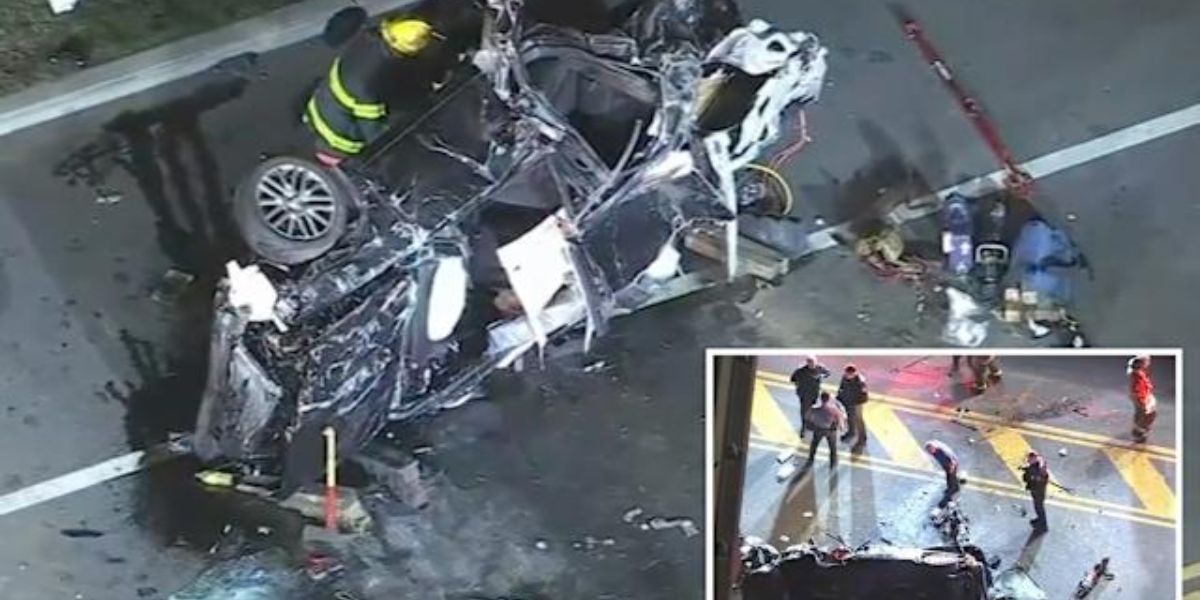In the bustling environment of New York, the sight of police officers in public spaces often raises concerns about personal privacy and legal rights. One issue that frequently causes confusion is warrantless searches, particularly when it involves police inspecting personal bags. Whether you are taking the subway, strolling through a busy park, or attending a large gathering, being aware of your rights during police interactions is crucial. This article delves into the legal framework surrounding warrantless searches in New York, the specific situations in which officers can inspect your bag, and ways to safeguard your rights.
What Are Warrantless Searches?
Warrantless searches refer to instances where law enforcement officers conduct searches without first securing a warrant from a judge or magistrate. In the U.S., the Fourth Amendment safeguards individuals from unreasonable searches and seizures, typically requiring law enforcement to obtain a warrant based on probable cause. However, several exceptions permit officers to carry out certain searches without a warrant.
When Can New York Police Conduct Warrantless Bag Searches?
New York police officers can inspect bags without a warrant under specific conditions, usually tied to public safety, maintaining order, and criminal investigations. Below are some scenarios where warrantless bag searches may take place:
1. Terry Stops and Frisk Searches (Stop and Frisk)
The “Terry Stop” principle, originating from the 1968 U.S. Supreme Court ruling in Terry v. Ohio, allows officers to stop someone if they have reasonable suspicion of criminal activity. If an officer suspects the person might be carrying a weapon or contraband, they can perform a frisk, which may include an external search of their bag.
The stop-and-frisk approach has been a contentious issue in New York. While the law permits officers to question individuals based on reasonable suspicion, conducting a search beyond that requires probable cause. Officers cannot randomly inspect bags without a clear reason to believe criminal activity is occurring.
Example: If a police officer observes an individual lingering in a high-crime area and suspects they might possess something illegal, they may conduct a frisk, which could extend to inspecting their bag.
2. Searches at Airports, Train Stations, and Public Transportation Hubs
New York law enforcement also has the authority to carry out warrantless bag searches in transit hubs like airports, train stations, and subway entry points. Due to heightened security measures, officers may conduct searches based on a more flexible standard, particularly for counterterrorism and public safety purposes.
In these locations, bag searches are often part of routine security screenings. While typically brief and non-intrusive, individuals may be asked to open their bags for inspection. Declining to comply could lead to detention or further action by authorities.
Example: At an airport security checkpoint, a traveler’s bag may be randomly selected for inspection. Refusing the search could result in delays, questioning, or, in extreme cases, arrest.
3. Searches at Public Events or Demonstrations
During public events or demonstrations that attract large crowds, New York police may conduct warrantless searches to ensure safety. Officers might request to check bags, backpacks, or personal items before allowing entry to venues such as stadiums, concerts, or protest sites. The government’s priority in preventing violence or illegal activity often justifies broader search policies in these settings.
In such cases, bag inspections are typically part of the conditions for entry. While these searches fall under public safety exceptions, individuals can still question the search’s scope or ask for clarification.
Example: Before entering a major event, like a concert at Madison Square Garden, attendees may be required to have their bags inspected for prohibited items such as weapons or alcohol.
4. Probable Cause and Exigent Circumstances
In certain situations, if officers have probable cause to believe someone is committing a crime or that evidence of a crime is inside a bag, they can search it without a warrant. Additionally, exigent circumstances—such as the risk of evidence being destroyed or a suspect fleeing—may justify an immediate search.
Example: If an officer notices someone behaving suspiciously and reasonably believes they are concealing contraband or evidence of illegal activity, they may conduct an on-the-spot bag search.
What Rights Do You Have During a Warrantless Bag Search?
Even though New York law permits some warrantless searches, individuals still have rights. Knowing these rights can help in situations where law enforcement requests to inspect a bag.
- Right to Refuse, but Acknowledge the Consequences: In most cases, individuals can refuse a bag search. However, declining may result in additional questioning, detention, or even arrest depending on the circumstances. In locations where searches are mandatory for security reasons—such as transit stations or event venues—refusal may lead to denial of entry or removal from the area.
- Right to Understand the Justification for the Search: If an officer asks to inspect your bag, you can request an explanation. If they cannot provide a valid reason, you may challenge the legality of the search.
- Right to Legal Representation: If a search results in an arrest or criminal charges, you have the right to an attorney. Remaining composed and respectful is essential, and if tensions escalate, asserting your rights calmly is advisable.
Final Thoughts: Balancing Safety and Privacy
While New York law allows for certain warrantless searches, there must be a balance between maintaining public safety and upholding personal privacy. Law enforcement officers play a vital role in ensuring security, but they must also respect citizens’ constitutional rights. As laws on warrantless searches evolve, staying informed about your rights and how they apply in various scenarios is critical.
During any law enforcement interaction, understanding when a search is legally permissible and recognizing your options can be crucial. If you believe your rights were violated, seeking legal counsel is always a wise step.
Your one-stop destination for everything news! Whether it’s sports, entertainment, politics, business, or local updates—we bring you the latest headlines as they happen. Stay informed, stay connected, and never miss an important story. Get the latest updates now at LatestSports.Online!
Our team has meticulously fact-checked this article to ensure accuracy and eliminate any misinformation. We are committed to providing honest, reliable, and trustworthy content for our readers.




